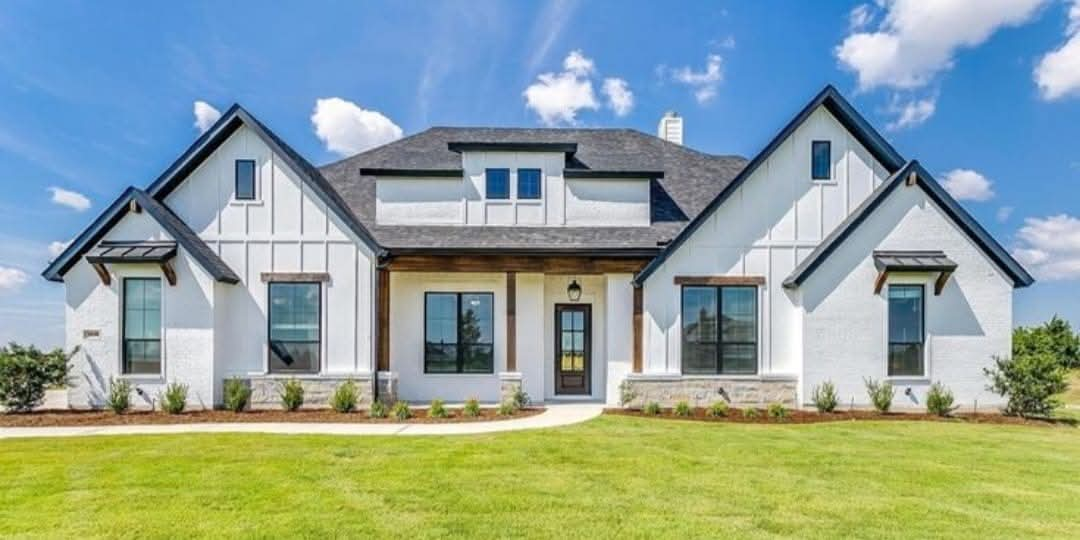
Maximizing Energy Efficiency in Your Next Remodeling Project Oct 27, 2025
Start by assessing your home's current energy performance. Conducting an energy audit can reveal where you might be losing the most energy, whether it's through drafty windows, poor insulation, or outdated appliances. Understanding these inefficiencies allows you to target specific areas for improvement during your remodeling project.
Windows and doors are often the primary culprits for energy loss. Consider upgrading to energy-efficient windows that come with double or triple panes and low-emissivity coatings. These windows help maintain indoor temperatures by providing better insulation and blocking heat exchange. Similarly, high-quality weather stripping around doors can prevent drafts and improve your home's energy performance.
Insulation is another crucial aspect of any energy-efficient remodeling plan. Many older homes lack adequate insulation, particularly in attics and walls, which can lead to significant energy waste. By installing modern insulation materials, you can minimize heat loss in winter and retain cooling in summer. Also, consider insulated siding solutions that provide an additional barrier against external temperatures, further improving your home's energy effectiveness.
Lighting plays a significant role in energy consumption. Switching to energy-efficient LED lighting throughout your home can cut down on energy use substantially. These lights use less electricity and last longer than traditional incandescent bulbs. Additionally, installing dimmer switches and sensors can help manage lighting use effectively by ensuring lights are only on when needed.
Another critical aspect to focus on is the heating, ventilation, and air conditioning (HVAC) system. Upgrading to a high-efficiency HVAC system can significantly enhance your home's energy use. Look for ENERGY STAR-rated systems that are designed to use less energy while maintaining comfortable indoor climates. Don't forget to regularly maintain your HVAC system to keep it running efficiently.
Water heating is another area where substantial energy improvements can be made. Consider installing a tankless water heater, which heats water on demand and prevents the energy loss associated with storing hot water. Insulating your water heater and pipes is another simple yet effective way to reduce energy consumption.
Incorporating renewable energy sources into your remodeling project can lead to considerable savings and greater energy independence. Solar panels are becoming increasingly affordable and can supply a significant portion of your home's electricity needs. Partnering with us at Zion Remodeling & Construction ensures that such installations are seamlessly integrated into the remodeling process.
Finally, be mindful of the materials you're using in your remodeling project. Opt for sustainable materials that require less energy to produce and have a lower environmental impact. These might include reclaimed wood, recycled steel, or green-certified products that contribute to a healthier ecosystem and home environment.
In conclusion, maximizing energy efficiency in your remodeling project involves a comprehensive approach—from choosing the right windows and insulation to upgrading systems and incorporating renewable energy. By making these strategic choices, you can enjoy a more sustainable, comfortable, and cost-effective home. At Zion Remodeling & Construction, we are committed to helping you achieve these goals with expertise and dedication to energy-efficient design.
/filters:no_upscale()/filters:format(webp)/media/3eb093ab-45cd-45b1-804c-0d26c0ce0cd3.jpeg)